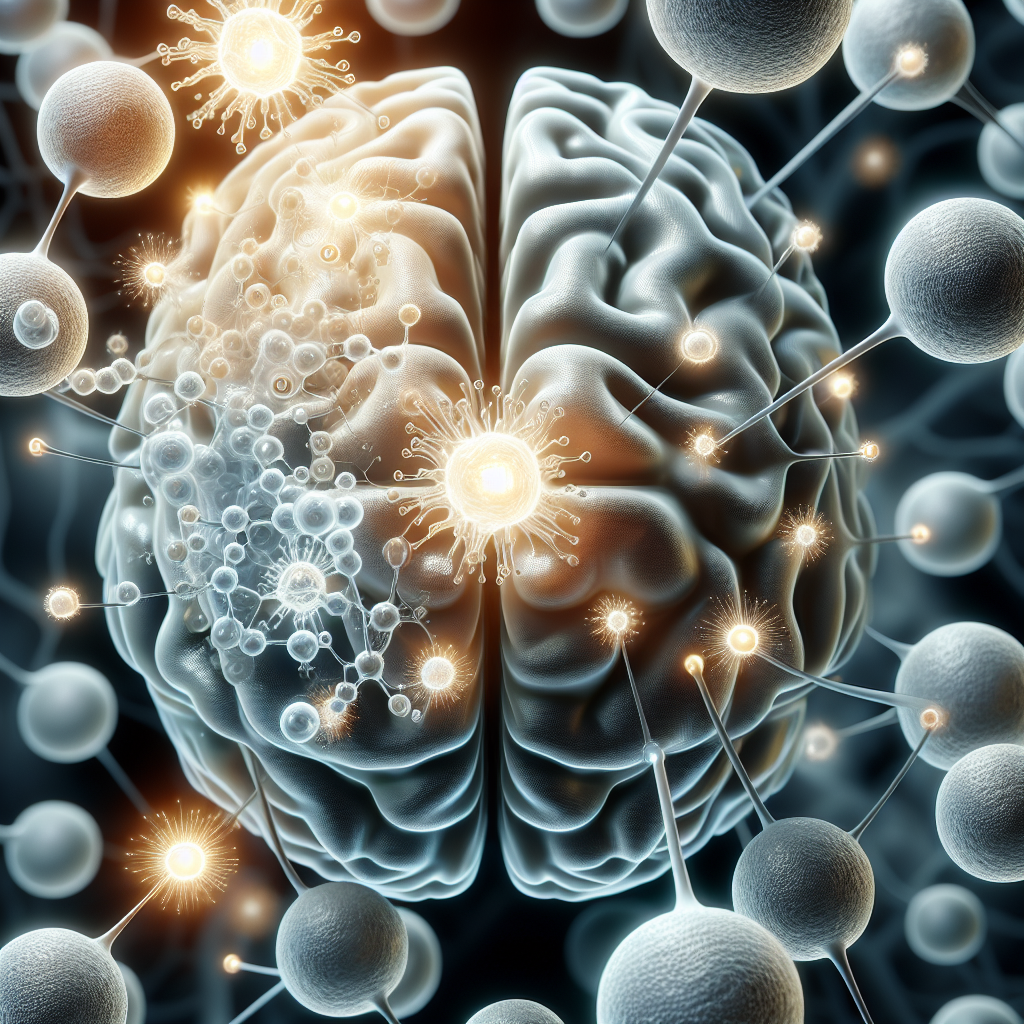Vitamin D, often dubbed the "sunshine vitamin," is commonly recognized for its role in bone health and immune function. However, its influence extends far beyond these areas, playing a critical role in brain health and cognitive function. Emerging research has shed light on the multifaceted ways in which vitamin D interacts with the brain, offering insights into its potential as a key nutrient for maintaining optimal brain health throughout life.
Vitamin D and Neurological Development
Vitamin D receptors are present throughout the brain, indicating its importance in brain development and function. These receptors are involved in the expression of neurotrophic factors, which are crucial for neuronal growth and survival. Vitamin D also modulates brain development by regulating the differentiation of neural stem cells into various types of brain cells.
Adequate levels of vitamin D during pregnancy are essential for fetal brain development. Research has suggested that maternal vitamin D deficiency is associated with adverse neurodevelopmental outcomes in children. For further reading on the importance of vitamin D during early brain development, visit this resource.
The Link Between Vitamin D and Cognitive Performance
Cognitive performance, encompassing memory, attention, and problem-solving abilities, is another aspect of brain health positively influenced by vitamin D levels. Several studies have found a correlation between higher levels of vitamin D and improved cognitive function in both young and elderly populations.
For instance, vitamin D has been linked to better memory retention and processing speed. This is particularly significant in the aging population, where maintaining cognitive abilities is a key factor in the quality of life. Explore the relationship between vitamin D levels and memory retention in older adults through this specialized study.
Vitamin D’s Role in Mood Regulation and Mental Health
Vitamin D’s role in brain function extends to mood regulation and mental health. It participates in the synthesis of serotonin and dopamine, neurotransmitters that are vital for mood stabilization. A deficiency in vitamin D has been associated with increased risk of depression and mood disorders.
Research has also explored the potential of vitamin D supplementation as an adjunct therapy for depression, with some studies showing promising results. To delve deeper into the connection between vitamin D and depression, consider reviewing this detailed analysis.
Neuroprotective Effects of Vitamin D
Vitamin D exhibits neuroprotective properties by reducing oxidative stress and inflammation in the brain, which can cause neuronal damage and contribute to neurodegenerative diseases. It also plays a role in regulating calcium levels within neurons, preventing excitotoxicity, which can lead to cell death.
The potential of vitamin D to protect against neurodegenerative conditions such as Alzheimer’s disease and Parkinson’s disease is an area of intense research. For a deep dive into vitamin D’s neuroprotective mechanisms, visit this peer-reviewed article.
How to Ensure Adequate Vitamin D Levels
Achieving and maintaining adequate levels of vitamin D can be accomplished through several means:
- Sun Exposure: Ultraviolet B (UVB) rays from the sun are a natural source of vitamin D. Regular, moderate sun exposure can help maintain sufficient vitamin D levels.
- Diet: Including vitamin D-rich foods such as fatty fish, egg yolks, and fortified products in your diet can contribute to your daily intake.
- Supplements: For individuals at risk of deficiency, vitamin D supplements can be a viable option. However, it’s important to consult with a healthcare provider before starting any supplementation.
For more detailed guidance on maintaining optimal vitamin D levels, The Vitamin D Council provides a wealth of information.
The Interplay of Vitamin D with Overall Brain Health
The role of vitamin D in brain health is comprehensive, influencing various aspects of cognitive function and neurological well-being. It is closely linked to brain health, and its deficiency can impact multiple areas, from cognitive performance to mental health.
For a broader perspective on maintaining brain health, consider exploring the benefits of lifelong learning on brain health, the influence of music on brain health, and the cognitive benefits of regular physical activity.
Conclusion
Vitamin D is a pivotal nutrient for brain health, with its influence permeating throughout various cognitive and neurological functions. From fetal development to the prevention of age-related cognitive decline, vitamin D’s role in the brain is undeniable. By ensuring adequate vitamin D levels through sun exposure, diet, or supplementation, individuals can support their brain health and enhance their cognitive abilities.
As research continues to unravel the complexities of vitamin D in brain function, it becomes increasingly clear that this nutrient is essential for maintaining a healthy and active mind.
To stay informed on the latest advancements in brain health and the role of vitamins, keep visiting niche resources and engaging with the latest scientific literature. Remember, a proactive approach to brain health can lead to a more fulfilling and mentally active life.



